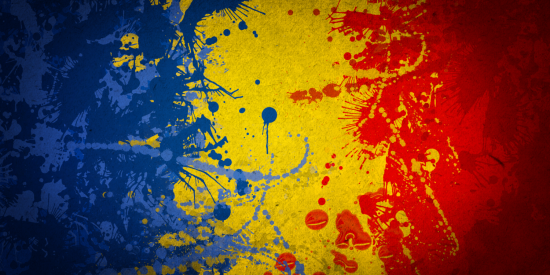Prosecutors investigate Romanian Senate speaker for false testimony
Romanian anti-corruption prosecutors said on Tuesday they were investigating Senate speaker and former prime minister Calin Popescu Tariceanu for giving false testimony to aid suspects in a wider real estate graft case.
Tariceanu, prime minister from 2004-08, is the latest high-level official to be investigated in a crackdown on corruption widely praised by the European Commission, which keeps Romania’s justice system under special monitoring.
Prosecutors said Tariceanu made untrue statements under oath in April when he was called to testify in an investigation in which a grandson of former king Carol II is accused of illegally obtaining a state-owned forest and farm, and causing damage to the budget worth 145.4 million euros ($162.5 million).
Tariceanu denied wrongdoing and fired back at magistrates, saying “we live in a republic of prosecutors based on the politics of dossiers and handcuffs”.
“It is absurd that I should be suspected of wanting to jeopardize my position in society and aid through false testimony people with whom I have no connections and affinities,” he said in a statement.
Tariceanu has a track record of criticizing anti-corruption prosecutors.
Earlier this month, prosecutors sent Prince Paul Philippe of Romania – who is not officially recognized as a legitimate member of the country’s royal family – and 21 other people including businessmen and public servants to trial for a slew of crimes related to illegal land dealings.
“In a deposition taken under oath he (Tariceanu) made statements that do not coincide with truth over essential aspects of the case, thus aiming to make the investigation… of the accused harder,” prosecutors said in a statement.
Romania is perceived as one of the European Union’s most corrupt states where graft has deterred foreign investment and tax evasion and bribery are a drain on public finances.
Prosecutors have investigated lawmakers, ministers, mayors, magistrates and businessmen in recent years.
24 May 2016

